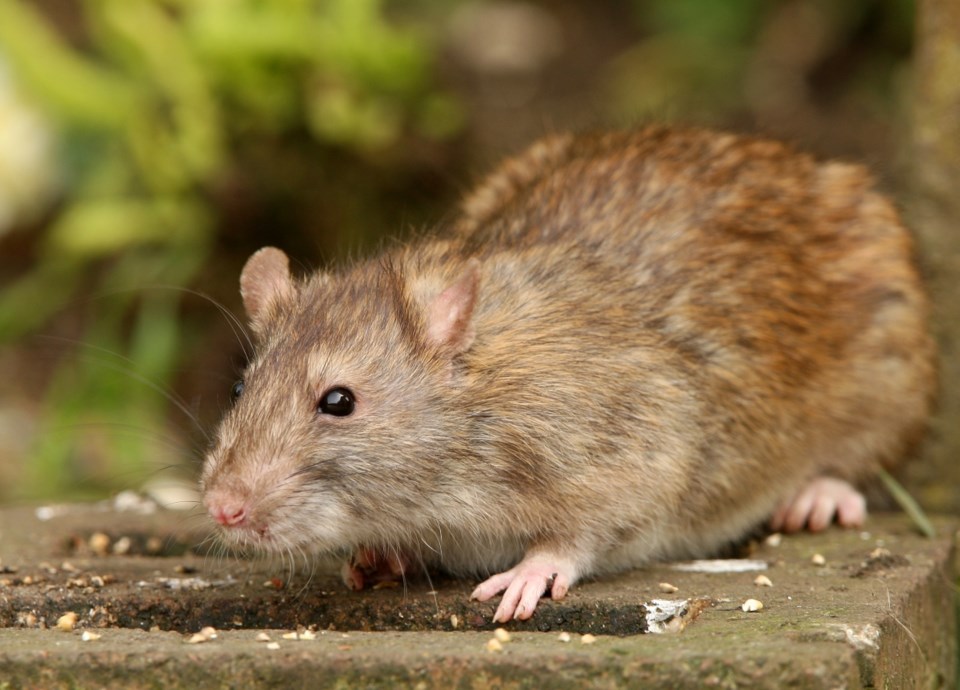City council is considering banning the use of rat poison in Richmond.
“I have a young child who likes to put things in their mouth, and seeing the numbers of American children that get poisoned each year from this exact product is quite alarming,” said Coun. Michael Wolfe, who brought the motion forward at Monday's general purposes committee meeting.
“I think we need to do a lot better for the children, for the future, for the wildlife.”
Meanwhile, Coun. Harold Steves raised concerns about local wildlife, saying the rats that ingest the poison may be hunted by owls, who would then be poisoned.
“We had one owl die about two years ago...it was as skinny as a rail, they die an agonizing death.”
Steves asked that the school district and private property also be included in the motion.
“The real danger is what’s happening on private property. Just walk down the sidewalk beside City Hall, the school board has rat poison traps right beside the school board building,” said Steves.
In June, the District of North Vancouver voted to ban the use of rodenticides on municipal properties, citing wildlife concerns. The use of anticoagulant rodenticides was also banned from municipal facilities last week by the District of Saanich.
Wolfe’s motion asks that anticoagulant rodenticides be banned on city property, that the city consider cancelling or modifying the current rodent control contract with Vancouver Coastal Health (VCH), and that a letter be written to the B.C. government asking the province to ban those poisons.
Anticoagulant rodenticides are pesticides that are used to kill rats, mice and other rodents. Typically formulated as baits – which use flavours such as ground meat, vegetables, or peanut butter to attract animals – the rodenticides use anticoagulant compounds which interfere with blood clotting and cause death from excessive bleeding, according to a fact sheet presented to council.
The American Association of Poison Control Centres receives 12,000 to 15,000 reports of rodenticide exposures in children under the age of six each year, according to the fact sheet.
While council supported the motion, it voted for proposal to be referred back to city staff in order to determine, for example, Richmond-specific data on rodent management practices, the possibility of banning rodenticides on private property, the costs and consequences of a ban, and to engage with the school district and VCH.
“I think if we are going to move forward on this and ban it…if we can partner with Vancouver Coastal Health over this, because instead of just changing providers, if we can change how they operate I think it makes more sense,” said coun. Alexa Loo.
“If it’s just us doing something little in Richmond, and everybody around us is still using those products, we’re only making a tiny dent in what’s happening. If we actually want to turn the dial here, I think we need to partner with Vancouver Coastal Health…and bring them along the journey with us.”
But Wolfe and Steves voted against the motion to refer the potential ban back to council.
“I will not be supporting the referral (to staff),” said Wolfe. “I brought this in a somewhat urgent manner because if we do not enforce the ban and work on the contract negotiations and all that, things get delayed…I don’t one more child to get sick, one more dog or cat to die, or one more member of the wildlife community out there to be injured…I think referring this back to staff would be too late, and too many lives.”



